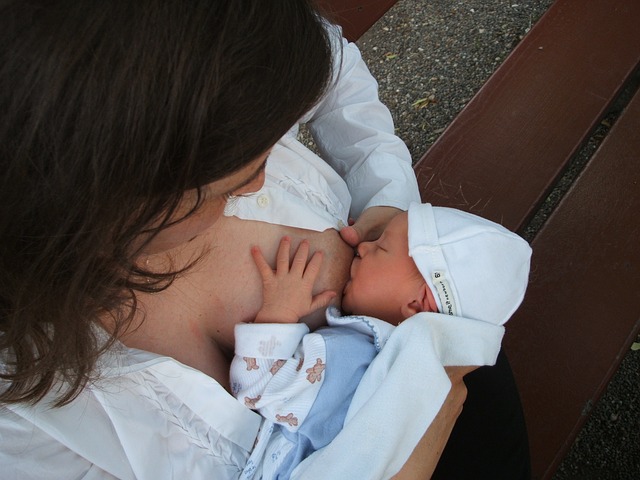Breastfeeding has always been a touchy topic. Now, a new study on the indirect impact of breastfeeding throws its results into the mix.
According to the long-term study, children who are breastfed for more than two years have a higher risk of developing severe cavities later on, Tech Times reports. The researchers began their work in 2004 in Pelotas, Brazil, where they examined a group of 4,231 babies within 24 hours after they were born.
Follow-up checkups were conducted at three months, 12 months, and four years old. Every follow-up had a face-to-face interview with the kids’ parents. After, 1,303 of the children were evaluated and given an oral exam in 2009, when they reached five years old. The children’s teeth were checked for severe early childhood caries (S-ECC) and the average number of decayed, missing, or filled primary tooth surfaces (dmfs).
The examination included data gathering on the children’s sugar intake, which meant actual sugar consumption plus bottle feeding at night.
Results showed that children who were breastfed for over two years were 2.4 times more at risk to develop S-ECC compared to those who were only breastfed until one year old. Breastfeeding for 13 to 23 months old had to significant effect on dmfs.
In short, prolonged breastfeeding raises a child’s likelihood to develop severe dental caries.
One possible explanation the researchers had was that some of the kids might be more exposed to feeding at night, when it is more difficult to clean their teeth. Dr. Karen Peres, an associate professor at the University of Adelaide in Australia and lead author on the study, said, “Children who are exposed to breast-feeding beyond 24 months are usually those breastfed on demand and at night.”
In addition, it could be possible that the high lactose in breast milk reduces the pH levels of dental plaque, compared to cow’s milk.
The researchers believe that these findings show the need to come up with preventive interventions early in an infant’s life, especially since breastfeeding is considered extremely beneficial to children’s growth and development.
The study was published in the journal Pediatrics.
























